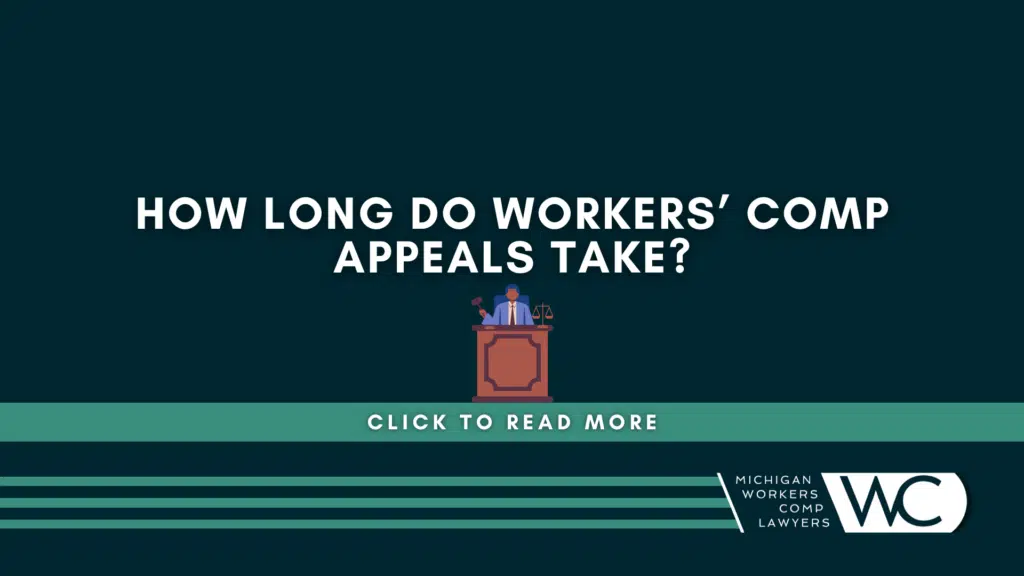Claimant expectations are typically incorrect and why surviving on workers’ compensation can be difficult.

This article started us thinking about expectations of our own clients. People on workers’ compensation are shocked to learn how much it pays and that benefits can be stopped at any time. Here are some reasons why surviving on workers’ compensation can be hard.
Low weekly benefit rate
Michigan law requires payment of lost wages to individuals hurt on-the-job. It is based upon 80% of their after-tax average weekly wage. This works out to be about 60% of gross pay. Not exactly a windfall for someone who is unable to work. Weekly checks can be cut even further if the insurance company decides a person is only “partially disabled.”
Insurance company can dispute claim
Insurance companies can stop payment of lost wages and/or medical at will. The burden is on the employee to file a case and prove entitlement to full workers’ compensation benefits. Can you image being disabled and having no income for months or years? How about needing to see a doctor and having no way to get medical treatment?
Loss of job
Our clients are surprised to learn that workers’ compensation does not protect their jobs. We see many people replaced after a short time away from work. Unless a person can show retaliation or a violation of another law, there is not much that can be done.
Pain and suffering is not available
Workers’ compensation pays lost wages and medical care. Pain and suffering is not an option. Some people develop lifetime problems and get no relief.
Michigan Workers Comp Lawyers never charges a fee to evaluate a potential case. Our law firm has represented injured and disabled workers exclusively for more than 35 years. Call (844) 316-8033 for a free consultation today.
Related information:
Why settlement is not always your best option
Photo courtesy of Creative Commons, by Images_of_Money.

